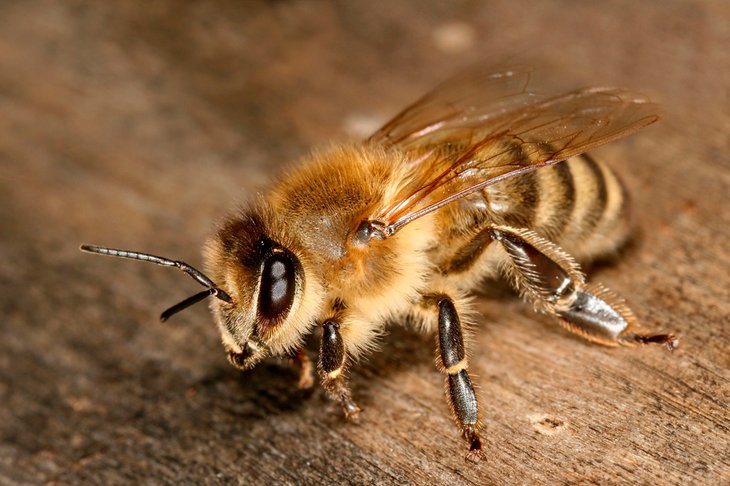Centre of Porto University participates in the Global Malaise Program
Article

The Centre for Research in Biodiversity and Genetic Resources in Porto (CIBIO-InBIO) of Porto University is the first Portuguese institution to take part in the Global Malaise Program, a world-wide collection program aimed at recording the huge diversity of arthropods in the entire planet by using the sampling method followed by their DNA barcode analysis.
CIBIO-InBIO lead researcher, Sónia Ferreira explained to Lusa News Agency that "the terrestrial arthropods such as spiders, bees, butterflies, beetles and scorpions are very important in ecological terms as they are crucial elements in economic and food chains".
Current information on this is scarce and that is the reason why the Global Malaise Program was launched, a project lead by the Centre for Biodiversity Genomics of Guelph University (Canada).
Over 60 institutions from 30 countries take part in the BIO's Global Malaise Trap Program.
In Portugal, two traps were deployed in Vila do Conde and in the district of Vimioso, representing different biogeographic regions. For one year, the arthropod samples are sent to Canada for study.
The scientist Sónia Ferreira hopes that the Portuguese participation in the program "will help identify almost all flying insects in Portugal".
Portuguese researchers are part of the Global Malaise Program in the context of the CIBIO-InBIO EnvMetaGen Project, which aims to strengthen the research and innovation potential of InBIO through the creation of the ERA Chair in Environmental Metagenomics.
This program has received funding from the European Union's Horizon 2020 Research and Innovation programme.